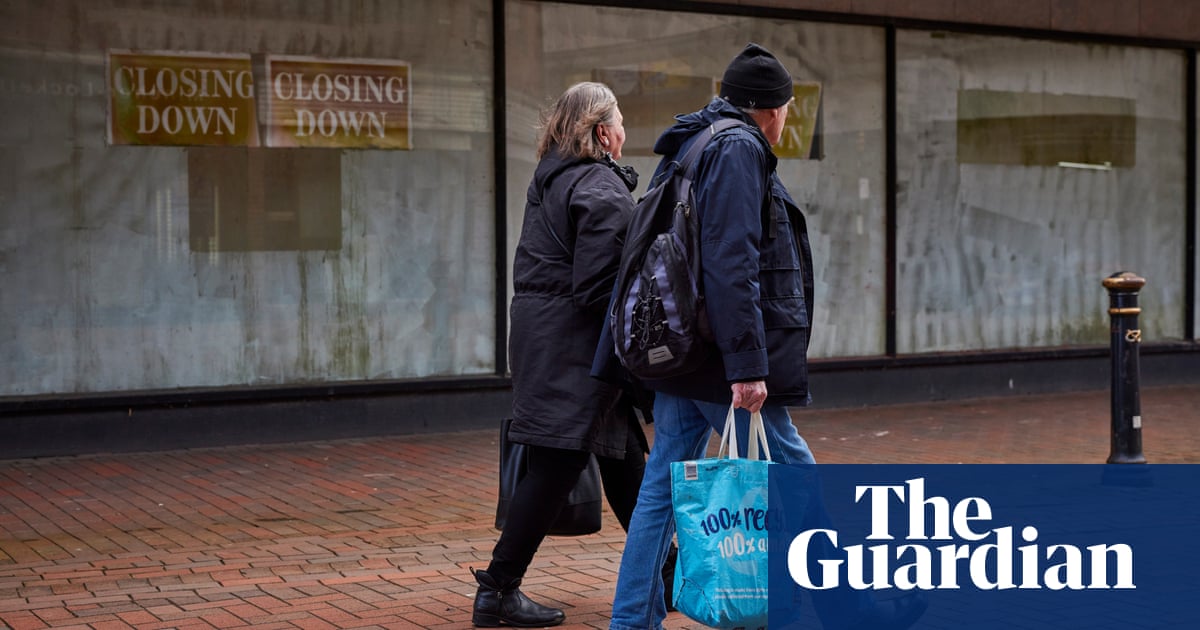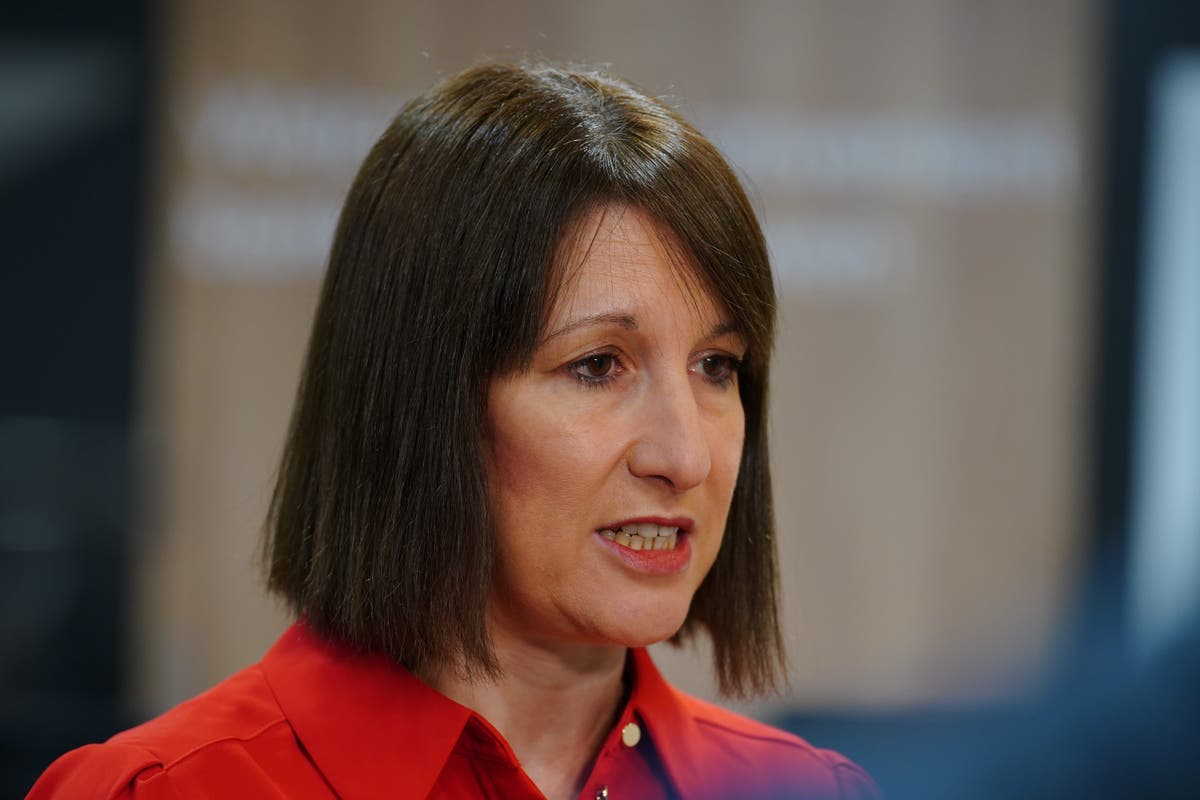Old, rich and living on benefits: welcome to the state pension capital of Britain

- by Admin
- June 30, 2024

Labour’s dilemma
The worst is yet to come, but Britain’s state pension burden is already biting. The post-war baby boom was at the end of the 1950s and early 60s, which means this generation is hitting retirement now.
Back in 2003-04, public spending on state pension, pension credit and winter fuel payments made up 4.2pc of national income, according to the IFS. By 2023-24, this had jumped to 5.1pc. According to the OBR, the total cost last year was £142bn.
This bill will rise to 6.4pc of national income by 2050. This figure is despite the fact that the state pension age is due to rise further, to 68, by 2046. This will be worth an extra £32bn in today’s terms, but in reality this cash sum will be far higher when inflation and economic growth is accounted for over the next 26 years, says Jonathan Cribb, head of retirement, savings and ageing at the IFS.
But, like the Conservatives, Labour has made a manifesto commitment to keep the triple lock in place for the next parliament.
“The only thing they could do is early on in the parliament say we have committed to deliver five years of the triple lock, but we are telling you now that when we are in 2029 we will just maintain it as a share of the average wage,” says Sir Steve.
This would be feasible for a new government with a potentially huge majority, giving plenty of notice, he says. “But they are probably going to do some nasty stuff on public spending, do they really want to immediately announce a hit on pensioners?”
State pension reform is politically toxic and something Labour is keen to distance itself from ahead of the general election. “We’re not looking at reform of the state pension,” says a party source.
The Labour manifesto was relatively pensions-lite. In addition to the triple-lock pledge, party leader Sir Keir Starmer said he will reform workplace pensions and has committed to a pensions review, but this will focus on workplace pension investments rather than state pension.
A new Labour government will also have to take on the question of state pension age.
There is little question about whether a new government will go ahead with the planned increase in state pension age from 66 to 67, which will take place between 2026 and 2028. It will save the Treasury around £7bn per year, and that has already been baked into the fiscal forecasts.
But another rise is coming down further down the pipeline. Under the 2007 Pensions Act, the state pension age for men and women is scheduled to increase from 67 to 68 between 2044 and 2046. Chancellor Jeremy Hunt had hoped to bring this forward to the mid 2030s, a move that was recommended in a 2017 report and would save the Treasury billions of pounds.
But the improvements in life expectancy that were expected in the 2017 report, which was based on data from 2014, did not happen. The defence for bringing forward the increase was wholly undermined. Hunt shelved the decision, delaying a review of state pension age to the next parliament.
It is a topic that a new government is likely to investigate, says Nigel Peaple, director of policy at the Pension and Lifetime Savings Association (PLSA) and a former policy fellow in the Department for Work and Pensions. “That’s something that the civil servants always regard as being an option for when a new government comes in.”
But this would be a long-term decision – no government would give less than 10 years’ warning, says Peaple.
In turn, that reduces the incentive for a chancellor to make the move. “The politics are just awful, because you get all of the grief and political flak now, but you don’t get the extra money to spend until 2037,” says Sir Steve.
Locked in
Labour may have made a triple-lock pledge for the coming parliament, but few analysts think the policy can last long-term. “Over decades, the triple lock is expensive and we will have to stop at some point,” says Sir Steve.
Before it got its name, the triple lock began as a Lib Dem 2010 manifesto pledge. It was an idea that the coalition government thought would be both cheap and popular.
“When the Lib Dems negotiated the triple lock with the Conservatives in 2010, the Conservatives went off to the Treasury and said what do you think of this? The Treasury came back and said well it is more or less a free lunch,” says Sir Steve.
It has become a very expensive one. In April 2023, the triple lock meant the Government had to raise state pension by 10.1pc, in line with the level of inflation recorded in the previous September. In April 2024, it had to raise state pension by a further 8.5pc in line with wage growth.
Since it was first introduced, the triple lock means that state pension payments have increased by 60pc (not accounting for inflation) in the 13 years since, well above the 46pc growth in average earnings over the same period, according to the Resolution Foundation.
The policy also means a great unknown for the future public purse. By 2050, it is feasible that the indexation measure could be costing the government an extra £5bn per year in today’s terms, according to the IFS. It is also feasible that it could be costing an extra £40bn.
The Latest News
-
December 23, 2024Top 5 Best Online Casino Canada 2025 – Real Money Gaming
-
December 23, 2024UK weather: mild Christmas forecast with temperatures of up to 15C
-
December 23, 2024Christmas shopping from a more civilised age! As Britain is gripped by festive getaway chaos and a looming recession, how the country used to get its last-minute purchases done in style
-
December 23, 2024Play North® invests in The Netherlands with Dutch online casino brand: Kansino
-
December 23, 2024On board with the pilots doing one of Britain’s toughest jobs





